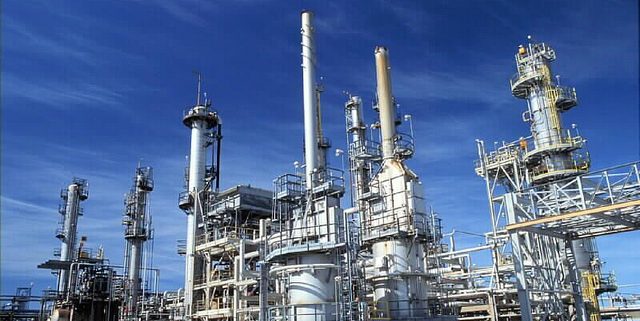Elliott pressures BHP to get rid of its petroleum business
Petroleum business
Today, Elliott Management increased the pressure for strategic changes at BHP. It is asking for a detached review of the mining giant’s petroleum business.
Elliott, as important investor, has built up a 4.1 percent stake in BHP’s UK-listed arm. It is now urging changes, cause it needs to boost up shareholder value. They consider that there are clear signs the market will be receptive to a new strategy for BHP.
“There is extremely broad and deep-rooted support for pro-active steps to be taken by management. To achieve an optimal value outcome for BHP’s petroleum business following a formal open review.” (Reuters)
Changing the structure
Firstly, Elliott is pushing for BHP to break down its dual-listed structure. Secondly, it asked BHP to spin off its U.S. oil and gas assets, and boost returns to shareholders. It gave the tasks to BHP at April 10th – BHP rejected all of them.

They sent the latest letter just hours before BHP CEO Andrew Mackenzie was supposed to speak at a Bank of America Merrill Lynch mining conference. Which was happening in Barcelona, and was being attended by Elliott.
“This latest move by Elliott is well-timed to coincide with Mackenzie’s speech. It almost forces BHP to directly address them on this.” Said an analyst
BHP was disappointed because Elliott presumed the company was not open to suggestions. And that it had been deceiving in its response to the New York-based investor’s calls for a change in strategy.
“We reject both claims.” BHP said.
BHP expected to meet with Elliott in Barcelona.
“The current period of shareholder activism could result in a break-up and/or a significant alteration of the company’s structure.” (Citi bank)
Listing Shift
Responding to concerns raised by the Australian government, Elliott on Tuesday backtracked on its proposal for BHP to have its main listing in London. Explaining that it could remain incorporated in Australia and stay an Australian tax resident, retaining full listings on the Australian and London bourses.
BHP has said the costs of scrapping its dual-listed structure significantly outweigh the benefits.
BHP buybacks
Elliott also criticized BHP’s track record on share buybacks and suggested the company make a $6 billion buyback in 2018.
If the current valuation remains at the same level, this would lead to $2.4 billion in value accretion. Which is equivalent to more than 12 times Elliott’s expected costs of unifying BHP’s dual listings.
Elliott estimated this cost of unification at $200 million. In addition it said BHP’s $1.3 billion estimated cost was overpriced.
Mackenzie already emphasized before that it is the wrong time for BHP to sell its U.S. petroleum assets. The oil prices are low, still somewhere near $52 per barrel.
In conclusion, BHP has also searched to highlight the action it is taking to divest non-core parts of its U.S. shale assets.






Leave a Reply
Want to join the discussion?Feel free to contribute!